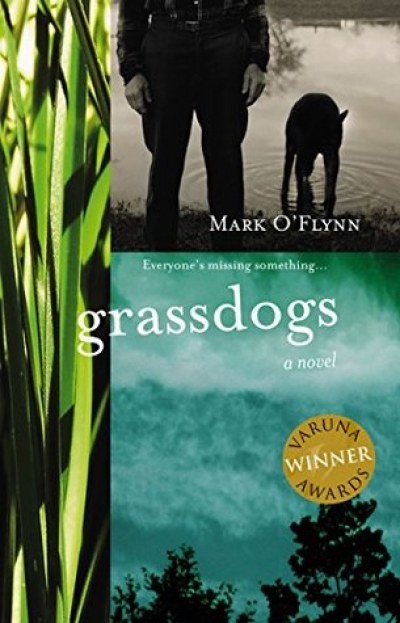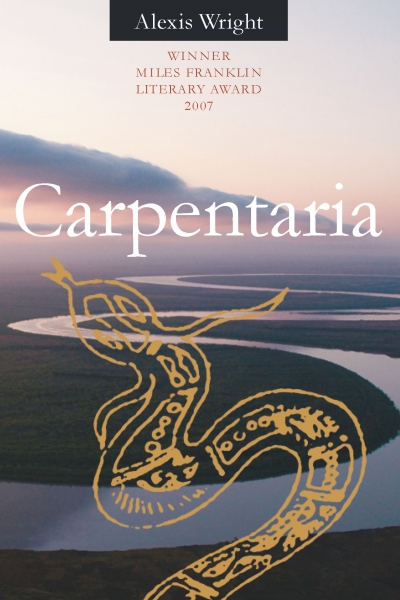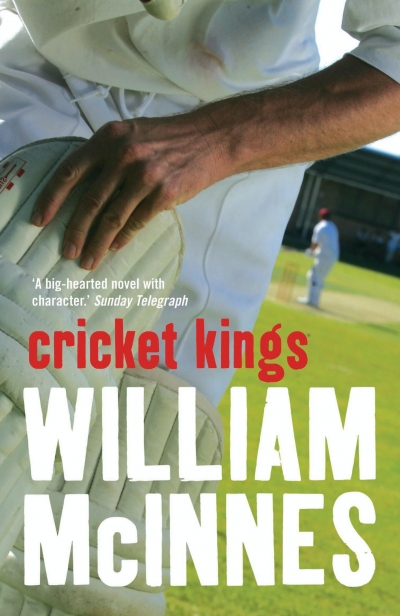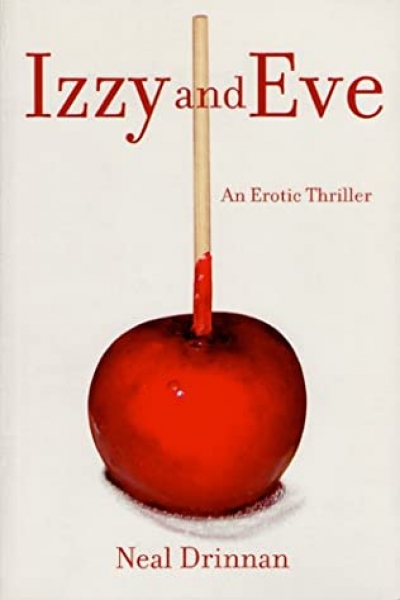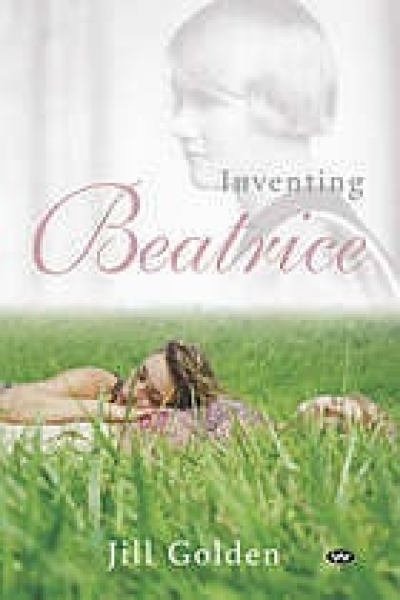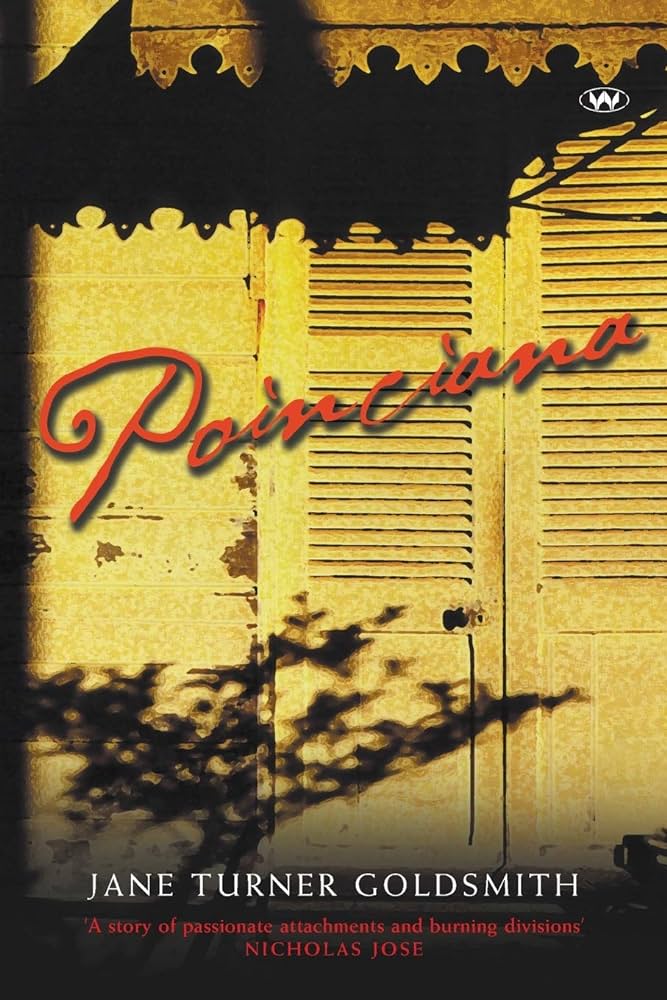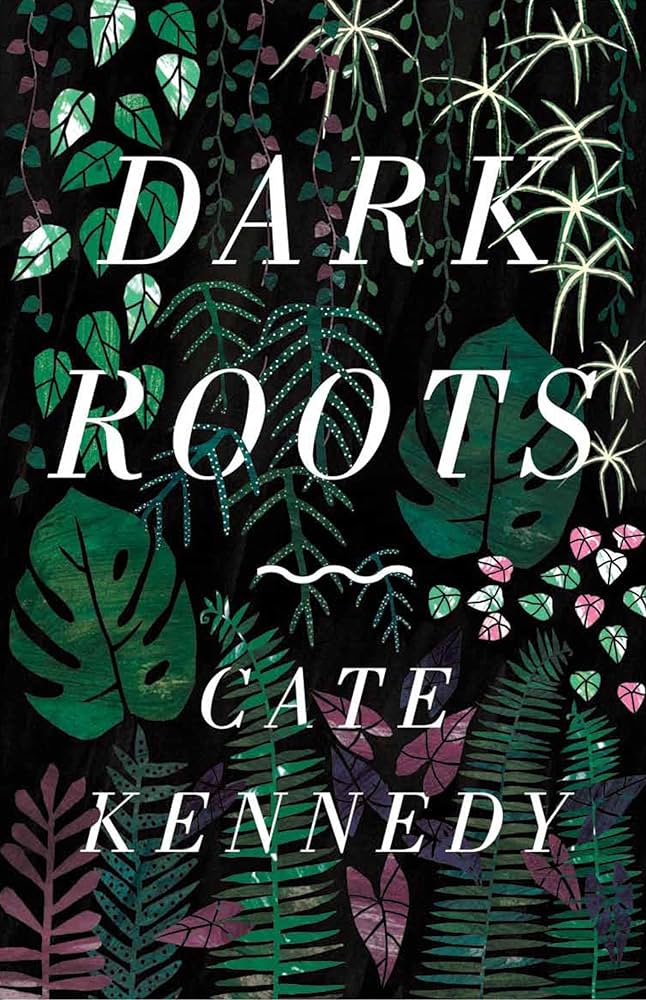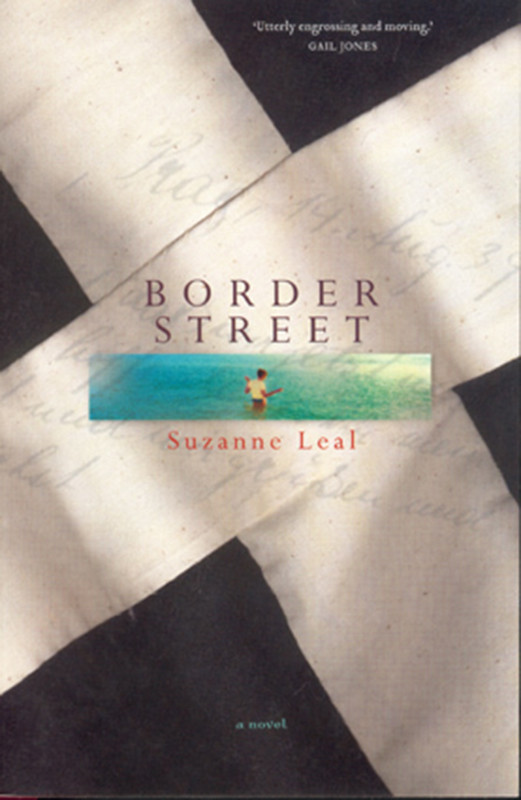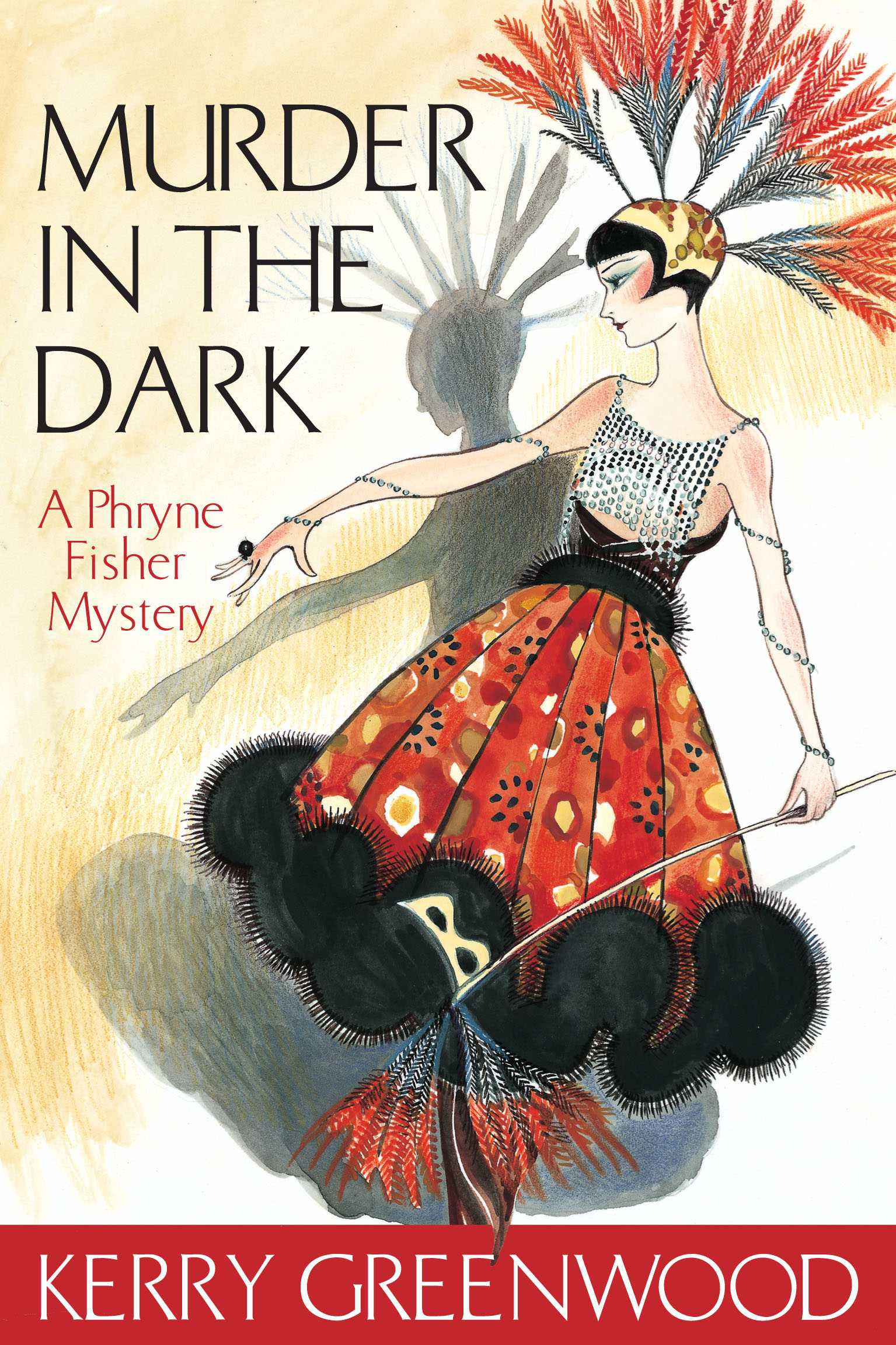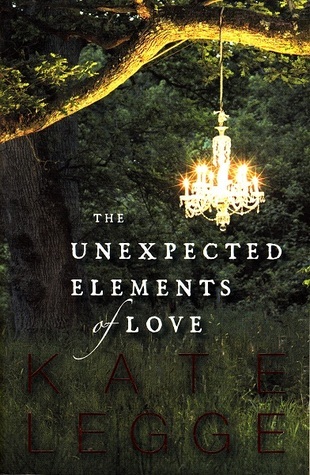Fiction
Grassdogs’ literary antecedents jostle like faces crowding around a porthole on a departing emigrant ship. One can tick them off like books on a required reading list for a twentieth-century Australian literature course. The doppelganger Jekyll-and-Hyde protagonists (blithe young city lawyer Tony Tindale and his bestial, increasingly wretched uncle Edgar) might have been written with actor Dan Wyllie in mind. Edgar even loses teeth in a car accident, just like Wyllie.
... (read more)There is a mesmerising scene in Carpentaria when Joseph Midnight is asked if he has seen the fugitive Will Phantom, a young local Aboriginal man who is single-handedly waging a guerrilla war against a large lead ore mining company. He eyes the questioner and astutely spots him as a ‘Southern blackfella …
... (read more)It was the first game for the season in some halcyon year of my cricketing past. We’d scraped together a team, but the other mob was rumoured to be a couple short. Their first three batsmen were competent enough and made a few. Then a collapse brought number eight to the wicket. Impeccably clad, he was one of those blokes who puts his gloves on after taking guard and then spends minutes surveying the field, pointing to each position with his bat, as if burning them into his tactical memory. At last he faced his first ball, which went straight through him and took the middle and off stumps out of the ground. ‘Bad luck, mate,’ said one of our blokes, with a kindness the ensuing months would erode. ‘First knock for the season, eh?’ The beautifully attired number eight looked at him in astonishment. ‘First knock ever,’ he said.
... (read more)In the bohemian district of an imaginary city not unlike a very bleak Sydney, Izzy and Eve have been living together for twenty years. Eve, who torments herself with clippings of unsolved murders, is a jeweller and also a receptionist – sometimes more – in the local brothel. Izzy draws erotic cartoons for a living, and has taken to frequenting S & M clubs. Gay men start disappearing from the clubs, and Eve is catapulted into an investigation that leads her to Izzy’s world, his friends and ‘silt’, the drug linking the disappearances. So Izzy and Eve becomes a gothic thriller, the narration whipping back and forth between Eve and Izzy, sometimes distractingly quickly. Beginning with Izzy, the characters talk, frequently but fleetingly, of faith, which seems to be at the core of this narrative. But it is Eve the non-believer, drawn more vividly, who dominates the story.
... (read more)Jill Golden’s Inventing Beatrice is a fictionalised account of the life of her mother, Beatrice (or B). This is life writing at its most precarious, right out there on the borderline of ‘fact’ and the ‘inventing’ of the title. Is it a novel or a biography? The media release labels it a novel but concedes that it ‘crosses the genres of biography and autobiography, fiction and non-fiction, speaking in several voices’. What is certain is that the point of view, and of judgment, is constantly shifting as the narrator sets out to unravel the enigma of her mother’s emotional frigidity and to find out the real circumstances of a childhood that, she feels, has destroyed her. Why did B send her three small daughters – the youngest only eight months old – away from home for more than five long years? They spend this time in foster care, then boarding school.
... (read more)South Australian publishers Wakefield Press claim on their website: ‘We love good stories and make beautiful books.’ Poinciana has narrative potential, but is undermined by weak characterisation and unpredictable changes in time and narrative. What makes it a ‘beautiful book’, though, is its exotic backdrop of New Caledonia and its depictions of the landscape, including the brilliant red-flowered tree, the Poinciana.
... (read more)Cate Kennedy’s name will be familiar to anyone who takes even the vaguest interest in Australian short story contests. Over the last decade, she has racked up an impressive list of awards in regional competitions, but readers are most likely to have noticed her successes in two of the most high-profile ones. In 2001 she took out the prestigious and now-defunct HQ Magazine short story competition; and in 2000 and 2001, two Age short story competitions back-to-back. With such a strong recognition factor, it seems like a smart move by Scribe to publish her first collection. Not only should it appeal to readers looking for new short fiction of established quality, but also, presumably, to the thousands of writers who enter short story competitions each year and who wish to see the gold standard.
... (read more)Halfway through Border Street, an ageing Holocaust survivor describes a night spent standing in the snow at Dachau. His companion, a young Australian woman desperate to understand what he has been through, tries to simulate his ordeal: she wades waist-deep into the winter surf and is shocked by the terrible cold. It is a futile, melodramatic gesture, but a touching one as well; here and throughout this quietly affecting first novel, Suzanne Leal explores the limits of human sympathy with compassion, understatement and tender humour.
... (read more)Murder in the Dark is a worthy addition to the vast Phryne Fisher collection. Fans of this well-researched series will be pleased to rediscover the usual St Kilda cast, and will welcome the diverse, if not always likeable, supporting cast of profligate party-goers, polo-playing cowgirls, sultry American jazz musicians, rather luscious young men and the occasional goat.
Fisher, the waspishly slim, ever-fashionable and cunning detective, is endowed with looks as deadly as her pearl-handled Beretta. Despite holding a high social ranking in 1920s Melbourne, she enjoys breaking societal rules as much as author Kerry Greenwood does generic ones (using an unconventional figure as her heroine). If she were male, Fisher’s drinking, smoking, casual sex and choice of profession would be a less entertaining stereotype. Aficionados of the series will enjoy the latest misconstrual of Fisher’s behaviour and femininity: a male character always manages to underestimate her abilities, intelligence or openness to all members of society.
... (read more)The world conjured by first-time novelist and veteran journalist Kate Legge in The Unexpected Elements of Love is disturbingly familiar. It is peopled by frantic working mothers, lonely single women battling the biological clock, ageing couples ‘rowing against the tide’ of dementia and ill health, and sensitive small children swallowing pill-packed marshmallows for ADHD, all set against the backdrop of an increasingly extreme weather system, frequently referred to as ‘the warming’. It seems odd that this blazingly topical book, published in a year when the effects of climate change have been headline news, was written five years ago.
... (read more)

